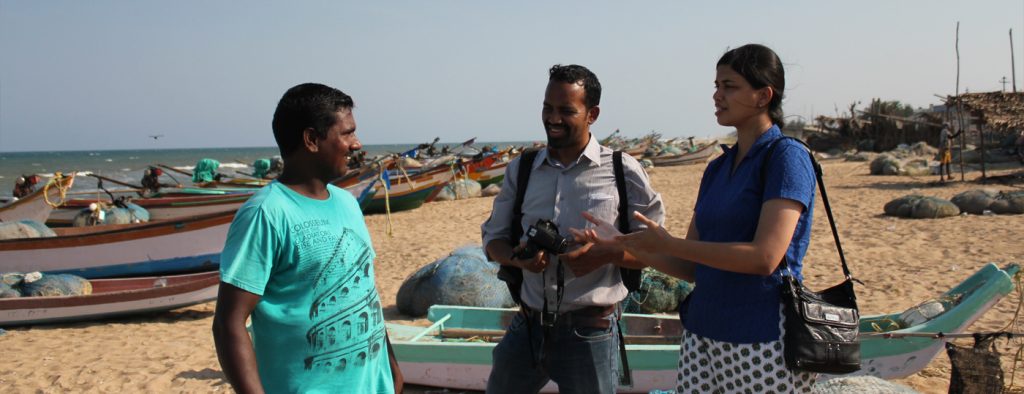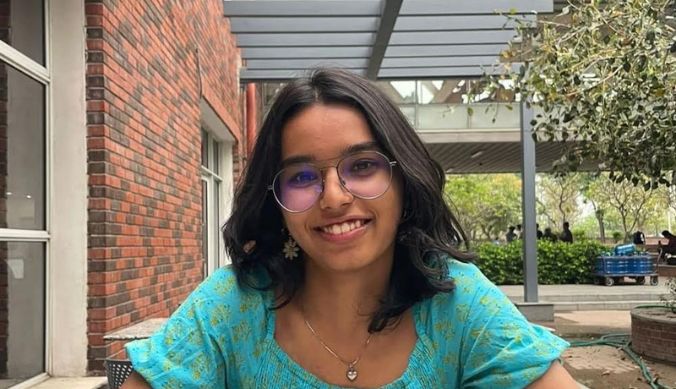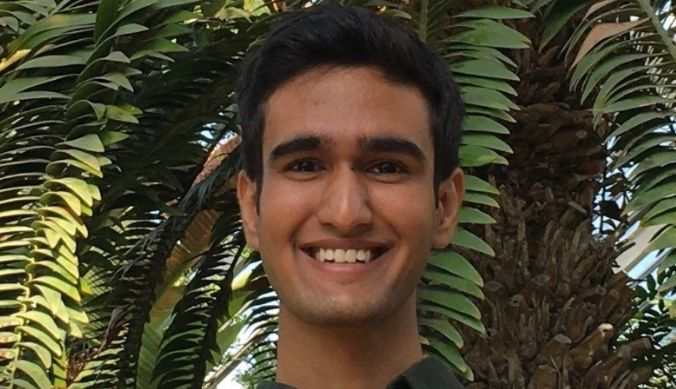Replacing that shark on your plate
Ashoka environmental faculty’s unique conservation approach wins her prestigious award
“To really make an impact, we have to look at the larger picture.”
It was while researching on Olive Ridley turtles in Orissa as part of her master’s degree in Wildlife Biology that Divya Karnad realised that conserving turtles at the cost of the livelihoods of the locals was an incomplete approach.
This spurred her PhD on fishing from Rutgers University where Karnad studied local practices of fishing communities to further understand approaching conservation through sustainable practices.
“The research made me realise that fishermen would not change practices unless the demand for types of fish changed. I went on to explore other aspects of the supply chain post my PhD and that is when I discovered the big story on consumption of shark meat in India,” she says.
However, existing shark conservation research focused only on shark fin export to China (for shark fin soup), and did not acknowledge or address local consumption of shark meat. Given this gap, Karnad decided to adopt a unique approach through starting InSeason Fish (Eat Your Seafood Right) to save the threatened species.
It was this holistic and innovative approach, which won her the prestigious Future for Nature Foundation’s (FFN) Award, 2019, enabling her to further her research.
In the brief interaction below, she talks about her journey so far, and her plans going forward.
Tell us more about your approach to conserving sharks.
Since I have moved from biology to social sciences, I am constantly thinking in an inter-disciplinary way. Hence, instead of adopting a typical conservation and outreach campaign based approach, which would only focus on threatened sharks and how to stop fishing these, I chose to approach it from a seafood perspective.
This meant getting people working in the food industry to switch from eating sharks to a different species of sea fish. Instead of focusing only on the animal, we decided to talk about the larger issue. This is important since the demand is coming from the consumers, so addressing the supply aspect alone is inadequate. Both demand and supply have to be addressed simultaneously.
Through InSeason Fish, I work mainly in big cities like Bombay, Bangalore, Chennai.
How did InSeason Fish encourage customers to move to different species from sharks?
We began by researching on what people were eating, why they were eating it, and what was available at restaurants. This was necessary to come up with alternatives on offer. We realised that sharks were increasingly found on city menus as people wanted to experiment with eating something exotic, which was nevertheless local.
When we started interacting with the chefs at the restaurants, we found that most of them were not trained in using Indian ingredients, and hardly knew anything about the kinds of sea fish available locally. So we would take the chefs to fish markets – show them the varieties of fish they could get, teach them how to identify the different varieties, and urge them to try these out.
Given that India is a tropical country, there are hundreds of varieties of sea fish available in addition to the few that are typically served at popular restaurants as a staple. We also introduced the idea of not serving the same types of fish throughout the year, but to both diversify the offering and to serve what was seasonably available.
Additionally, in some places, we are encouraging restaurants to source the produce from fishermen who use techniques that do not end up catching threatened species like sharks, often as bycatch.
While sharks are critically important on the agenda, the broader aim is to conserve all threatened marine species through such direct action. For instance, from among the three varieties of seer fish – a very popular dish – one of the species is threatened with extinction. But people don’t know about this.
Similarly, among the sharks, Hammerhead sharks are critically endangered while the Sawfish (also known as Carpenter shark) could become extinct in our lifetime. From being very common, the Sawfish is now spotted once in a decade.
India used to be the second largest harvester of sharks in the world – now we have slowly downgraded to the third largest. But there is still a long way to go.

What kind of fishing techniques endanger sharks?
As mentioned earlier, most sharks were not caught intentionally. They just happen to get caught in nets set out for other species, typically their prey. This is because of methods like trawl fishing, which were highly promoted by the Indian government in the 1970s. This kind of fishing technique requires that the net be left in water for a very long time – for up to eight hours at a stretch. So when a shark gets caught in the net, it is stuck there for a very long time, and given that it needs to swim in order to breathe, it ends up dying. In traditional fishing techniques, fishermen would check the nets very often, giving them the opportunity to release catch (like sharks) they did not intend to bring home.
Now that you have won this prestigious award, what are you planning to do next?
We are currently researching the different ways in which sharks are being commercially used in India. From the global conversation on sharks revolving only around shark fins, we have moved the needle to include a focus on shark meat as well. Now, we what to identify further uses of shark parts – for instance, shark skin is also a viable product, and then start exploring alternatives as a solution.
We are also looking at exploring fishing techniques that don’t attract sharks – some experiments are being tested abroad. If we can implement the same technique in India after getting local buy-in, it can be rolled out as an alternative. But the technique will require testing and creating awareness pro-actively in order to make the fishing community partners in shark conservation instead of being reluctant recipients of a top-down approach.
Alongside, I am also collaborating with other ecologists to map and gain more information on shark species and habitats in Indian waters. I am thankful for the attention the award has brought to this critical issue. Moreover, the award money of 50,000 Euros will deeply support us in carrying forward this work.
Divya Karnad is an Assistant Professor of Environmental Studies at Ashoka University. She teaches the foundation course, Introduction to Environmental Studies, as well as Conflict and Cooperation over Natural Resources and Wildlife Conservation.













